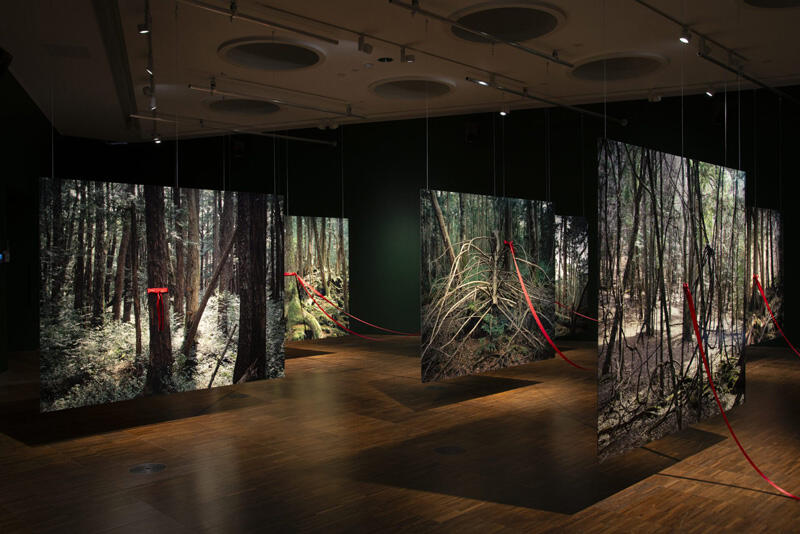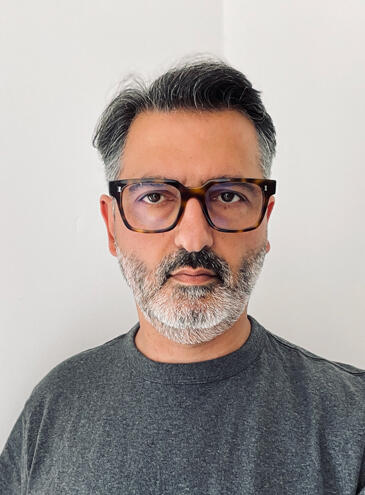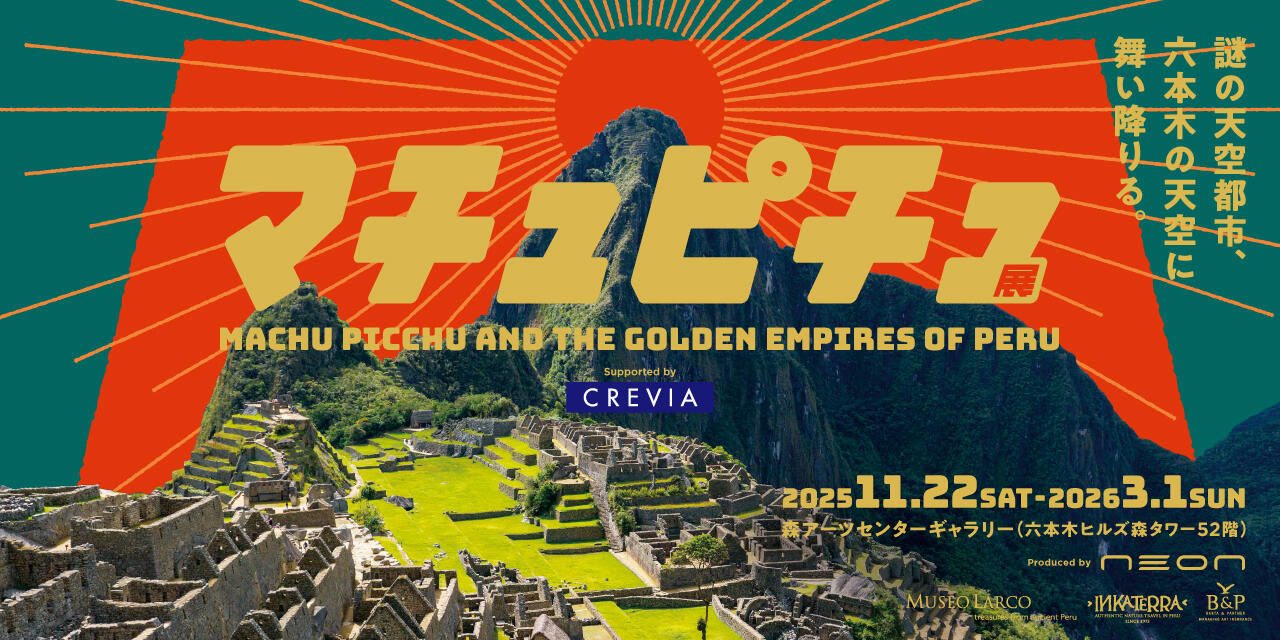Urgent Talk 050: Hrair Sarkissian
Japanese-English simultaneous interpretation available
The “Urgent Talk” series provide a platform for discussion around artists, curators, critics, activists and others across the globe engaged in significant, innovative work that demands urgent attention. This edition of the talk will feature photographer Hrair Sarkissian (born 1973 in Damascus; currently based in London).
Sarkissian creates his work using the traditional approaches of large-format documentary photography. His personal memories are reflected in his creations, and they invite us to both subjectively contemplate the things that lie in the background of the photographic images (emptiness, the lack of people, quietude, etc.), and to find other stories that don’t appear in official histories.
In this talk, Sarkissian, who is visiting Japan to participate in Aichi Triennale 2025, will discuss his recent works, including the installation piece Sea of Trees (2024), produced after photographing the Aokigahara Forest, and other works to be exhibited in the Triennale.

Sea of Trees
2024
Installation View: Other Pains, Wolverhampton Art Gallery, UK, 2025
Photo: Patrick Dandy

Sea of Trees
2024
Installation View: Other Pains, Wolverhampton Art Gallery, UK, 2025
Photo: Patrick Dandy
- Date and Time
- 19:00-20:30, Tuesday, September 16, 2025 (Doors Open: 18:30)
- Appearing
- Hrair Sarkissian (Artist)
- Discussant
- Kondo Kenichi (Senior Curator, Mori Art Museum)
- Organizer
- Mori Art Museum
- Support
- Aichi Triennale Organizing Committee

Hrair Sarkissian
Born 1973 in Damascus. Currently lives and works in London.
Sarkissian earned his foundational training at his father’s photography studio in Damascus, which to this day informs his perspective and practice. In 2010 he completed a BFA in Photography at the Gerrit Rietveld Academie in Amsterdam.
Sarkissian’s photographic practice is characterized by an element of search, as well as the dichotomy between the visible and the invisible. This search relates to finding answers about his personal memories and background, and he uses this subjectivity as a way to navigate stories that official histories are unable or unwilling to tell. The contrast between invisibility and visibility is evident in Sarkissian’s often deserted landscapes and locations, devoid of human presence, yet filled with traces of human existence.
Notes on Bookings
- Please note that speakers are subject to change without prior notice.
- Please note that a reply E-mail will be sent to you after submitting the form. If you do not receive the reply E-mail, please contact us.
- For booking, one E-mail address is required per person.
- Please note that the museum might take photos/movies for purpose of publicity and documentation during the program.
Notes on Personal Information
- Personal information acquired and retained by Mori Art Museum on the website will be used and managed according to the privacy policy of our company.
- Booking forms use SSL encryption to protect your private information.
- Registrants will receive “MAM NEWS (Mori Art Museum Mail News)” that deliver the latest news and information about the Mori Art Museum.





